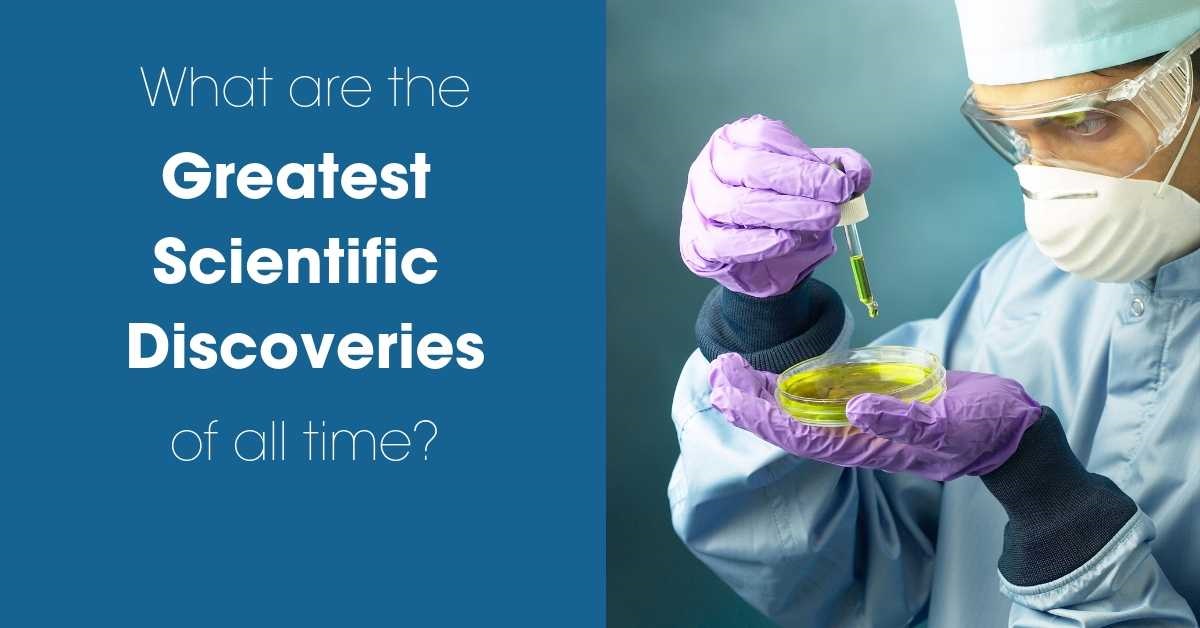How to get prepared for a science course before starting it
How can I prepare for a science course before starting it?
Preparing for a science course before starting can help you feel more confident and prepared, and set you up for success. Here are some tips on how to prepare for a science course:
- Review the course description and syllabus: Take some time to review the course description and syllabus to get an idea of the topics that will be covered, and the format of the course.
- Brush up on basics: If the course builds on previous science knowledge, review basic concepts, formulas, and terms to refresh your memory.
- Read ahead: If the course syllabus is available, try to read ahead or preview some of the material. This will help you better understand the content when it’s covered in class.
- Get the necessary materials: Purchase any textbooks, lab manuals, or other materials required for the course.
- Set up a study space: Set up a dedicated study space that is quiet and free from distractions.
- Take advantage of online resources: There are many free online resources available for science courses, such as YouTube videos, Khan Academy, and online textbooks. Take advantage of these resources to supplement your learning.
- Talk to the instructor: If possible, talk to the instructor before the course starts to get a sense of their teaching style and expectations.
By following these tips, you can better prepare for a science course and set yourself up for success.
What are some of the most interesting scientific discoveries of all time?

There have been many fascinating scientific discoveries throughout history that have shaped our understanding of the world and the universe. Here are some of the most interesting scientific discoveries of all time:
- The discovery of the structure of DNA: In 1953, James Watson and Francis Crick discovered the structure of DNA, the molecule that carries genetic information in living organisms. This discovery paved the way for advances in genetics and biotechnology.
- The theory of relativity: In 1905, Albert Einstein introduced the theory of relativity, which fundamentally changed our understanding of space and time.
- The discovery of the Higgs boson: In 2012, scientists at CERN announced the discovery of the Higgs boson, a subatomic particle that gives other particles mass. This discovery confirmed the existence of the Higgs field, which is crucial to our understanding of the universe.
- The discovery of penicillin: In 1928, Alexander Fleming discovered the antibiotic properties of penicillin, which revolutionized medicine and saved countless lives.
- The discovery of the structure of atoms: In the early 20th century, scientists discovered the structure of atoms, revealing the existence of protons, neutrons, and electrons. This discovery paved the way for advances in nuclear energy and atomic physics.
- The discovery of plate tectonics: In the 1960s, scientists discovered the theory of plate tectonics, which explains the movement of the Earth’s continents and the formation of mountains and oceanic trenches.
These discoveries are just a few examples of the many fascinating scientific breakthroughs that have shaped our world.
FAQs
What is the best way to review basic science concepts before starting a course?
A good way to review basic concepts is to use online resources such as Khan Academy, YouTube videos, or review textbooks.
Is it important to read ahead in a science course?
Yes, reading ahead can help you better understand the content when it’s covered in class.
What should I do if I am having trouble understanding a science concept?
Seek help from the instructor, attend office hours, or form a study group with classmates.
What materials should I purchase before starting a science course?
Purchase any required textbooks, lab manuals, or materials listed in the course syllabus.
What makes a scientific discovery “interesting”?
A discovery that fundamentally changes our understanding of the world or universe, or one that has a significant impact on society, can be considered interesting.
Who made the discovery of the structure of DNA?
James Watson and Francis Crick made the discovery of the structure of DNA in 1953.
What is plate tectonics?
Plate tectonics is the theory that explains the movement of the Earth’s continents and the formation of mountains and oceanic trenches.
How did the discovery of penicillin revolutionize medicine?
The discovery of penicillin led to the development of antibiotics, which have saved countless lives by treating bacterial infections.

